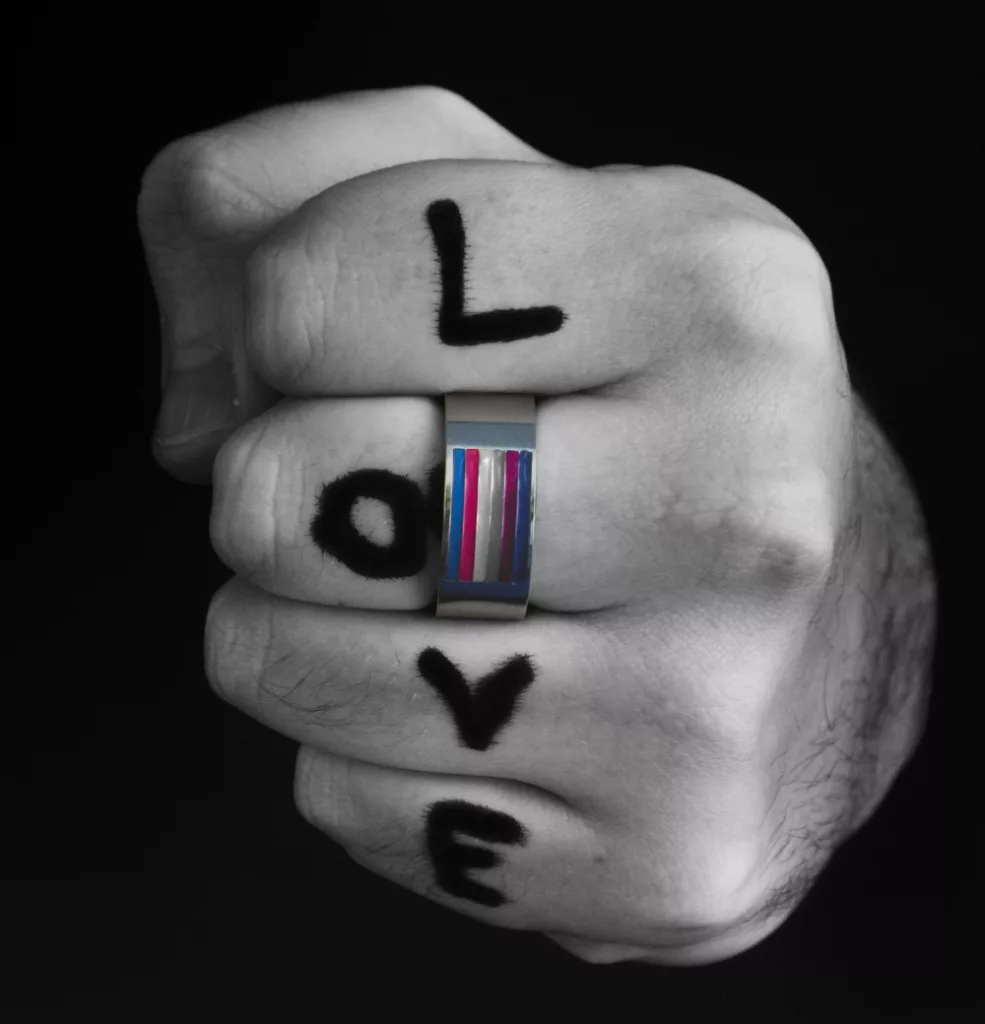What is Domestic Violence?
Many trans* people report experiencing domestic violence from an intimate partner or family member.
Domestic violence/abuse can be difficult to identify, especially for the person experiencing it. Domestic violence/abuse is a systematic pattern of controlling behaviour that can include but is not limited to physical abuse, emotional abuse, sexual abuse and financial abuse within the context of an intimate or family relationship.
Trans * men and women can experience domestic abuse regardless of age, social class, physical or learning disability, mental health, immigration status, race or religion. It can be difficult for trans* people to talk about domestic abuse for a number of reasons including the lack of specialist support services, feeling ashamed and isolated and fear of a transphobic response from mainstream service providers
How do I know if I am in an abusive relationship?
Are you in a relationship with someone who
- Isolates you from friends and family
- Plays mind games
- Controls all the finances
- Is excessively jealous and controlling
- Puts you down and makes you feel bad about yourself
- Manipulates you
- Constantly checks up on you
- Damages your property
- Blames you for the abusive behaviour
- Threatens to tell people about your trans background or identity who you don’t want to know
- Hits you, shoves you or punches you
- Threatens you with weapons
- Pressurises you to have sex
- Prevents you from practising safer sex
- Blames alcohol or drugs for their behaviour
- Stops you from taking medication or having treatment that you need to express your gender identity i.e. hormones
- Tells you, you are not a real man or women
- Harasses you at work or college
- Threaten to kill themselves if you leave
- Stops you from being able to express your gender identity through other changes in your appearance (e.g. the clothes you wear, hair, make up)
- Stops you from engaging with other trans people or attending trans * social groups and support groups
If you answered yes to a number of the above you could be in an abusive relationship.
What can I do?
Domestic violence is a pattern of controlling behaviour that escalates in frequency and severity over time.
Has the abuser said it will never happen again? Has it?
If you are in an abusive relationship it is important that you think about your safety. Whether you decide to remain in the relationship or not it is a good idea to develop a safety plan that aims to minimise the psychological and physical risk to yourself or others. A safety plan can include contact numbers for support, a safe place to stay if things escalate, and a’ things to take’ ie identification and money if you need to leave quickly. You can develop a safety plan by yourself with a friend, support worker or counsellor.
For your own safety when you search for information or communicate about partner abuse – do not use any computer to which your abuser has access. If you do, make sure you clear your browsing history.
If your partner (or ex-partner) has assaulted you or you are afraid for your own or others’ safety, you can call the Police in an emergency – always ring 999. The police are expected to treat all incidents of domestic violence seriously.
Remember you are not responsible for the abuse and not to blame for the abusers behaviour – get support from someone you trust


